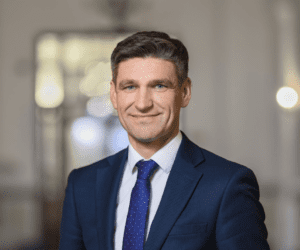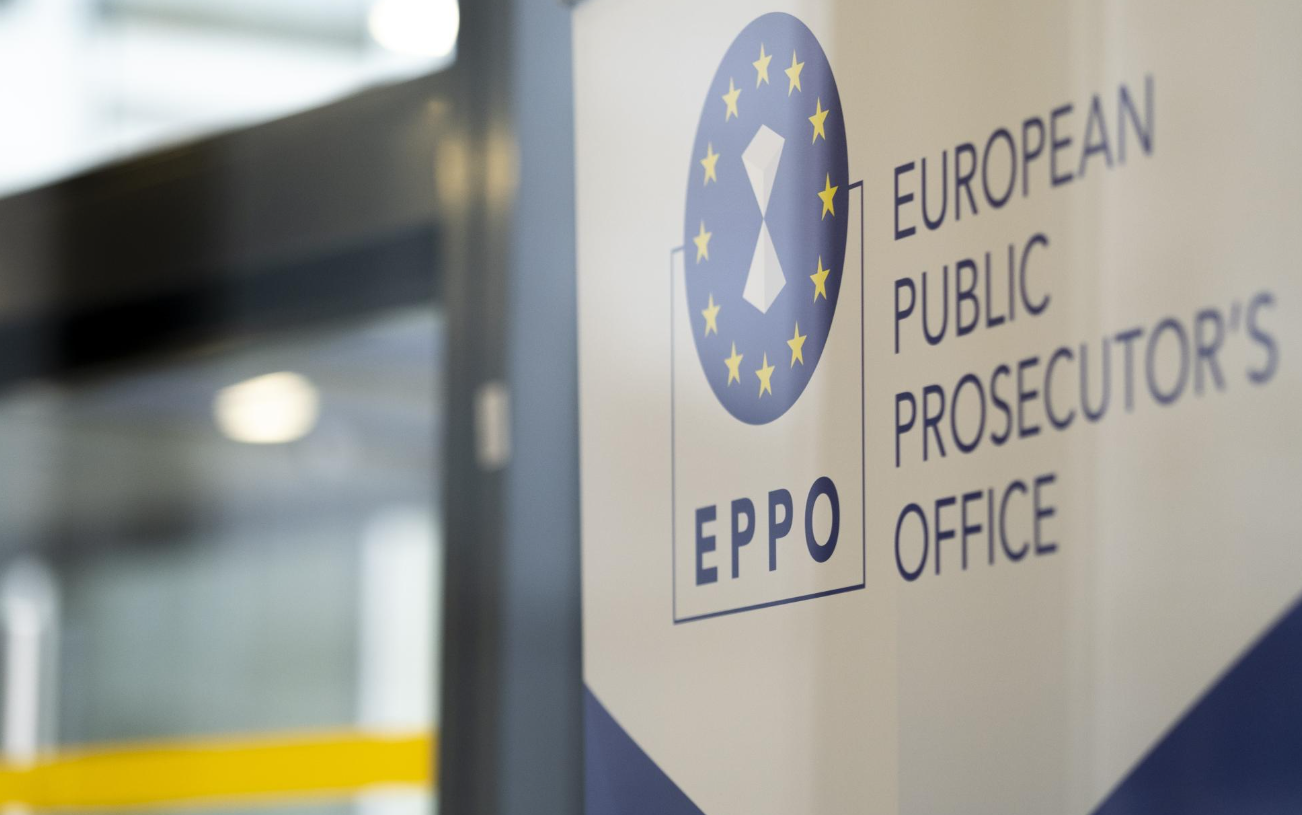By Dan Byrne for AMLi
DANSKE STILL FACES years of work to remedy the causes and effects of its infamous money laundering scandal, the bank’s chairman has said.
It is now over two years since what Forbes described as “Europe’s largest money laundering scandal,” began to break and the fallout began.
The bank admitted in late 2018 that it was aware of up to €200BN in potentially dirty money that had flowed through its Estonian branch from 2007 to 2018.
Since those revelations, the bank has been racing to clean up its reporting and compliance systems so nothing of that scale ever happens again. But current chair Karsten Dybvad says this will take time.
“All the different projects that we are undertaking right now, also relating to our financial crime plan and all this, will take, not many years, but it will take years actually to complete,” he told Bloomberg.
“We’re working to really remediate a lot of the old cases, and we are at the same time transforming the bank to become a better bank,” he said. “Changing the way a lot of our employees are working and also investing in changing the culture.
“In the coming years we’ll see this change.”
Dybvad was one of the several Danske personnel brought in to help clean up the bank’s reputation. after the money laundering revelations came to light.
His comments come as the bank still faces legal action and the threat of severe financial penalties for the suspicious transactions it allowed to take place unchecked.
The US investigation alone may be enough to set the bank back up to $1BN, and other countries’ investigations may add to that bill.
Meanwhile, Danske shareholder and largest pension fund in Denmark ATP have said that the bank “hasn’t yet made the cultural changes needed to move on,” – pointing to a persistent pattern of smaller scandals since 2018 that have harmed the bank’s reputation.
One of the most recent examples came in November of last year, when the bank was fined €1.2M by Danish authorities for willingly leading customers into an investment scheme that it knew would end up in loss-making territory.
State prosecutors at the time said that the bank concealed the information from the investors involved, even though they had ample time to reveal it.
Share this on:
Follow us on:











